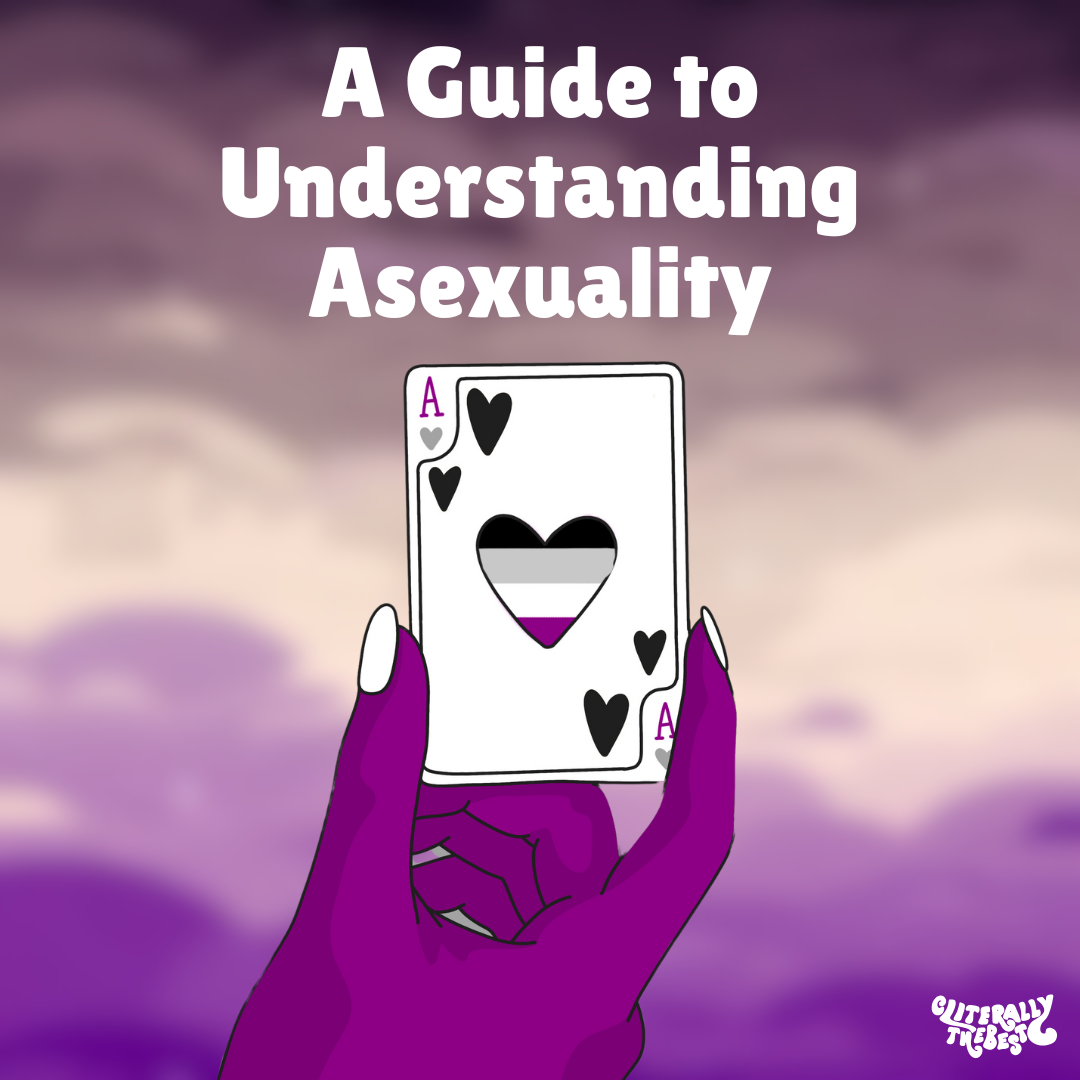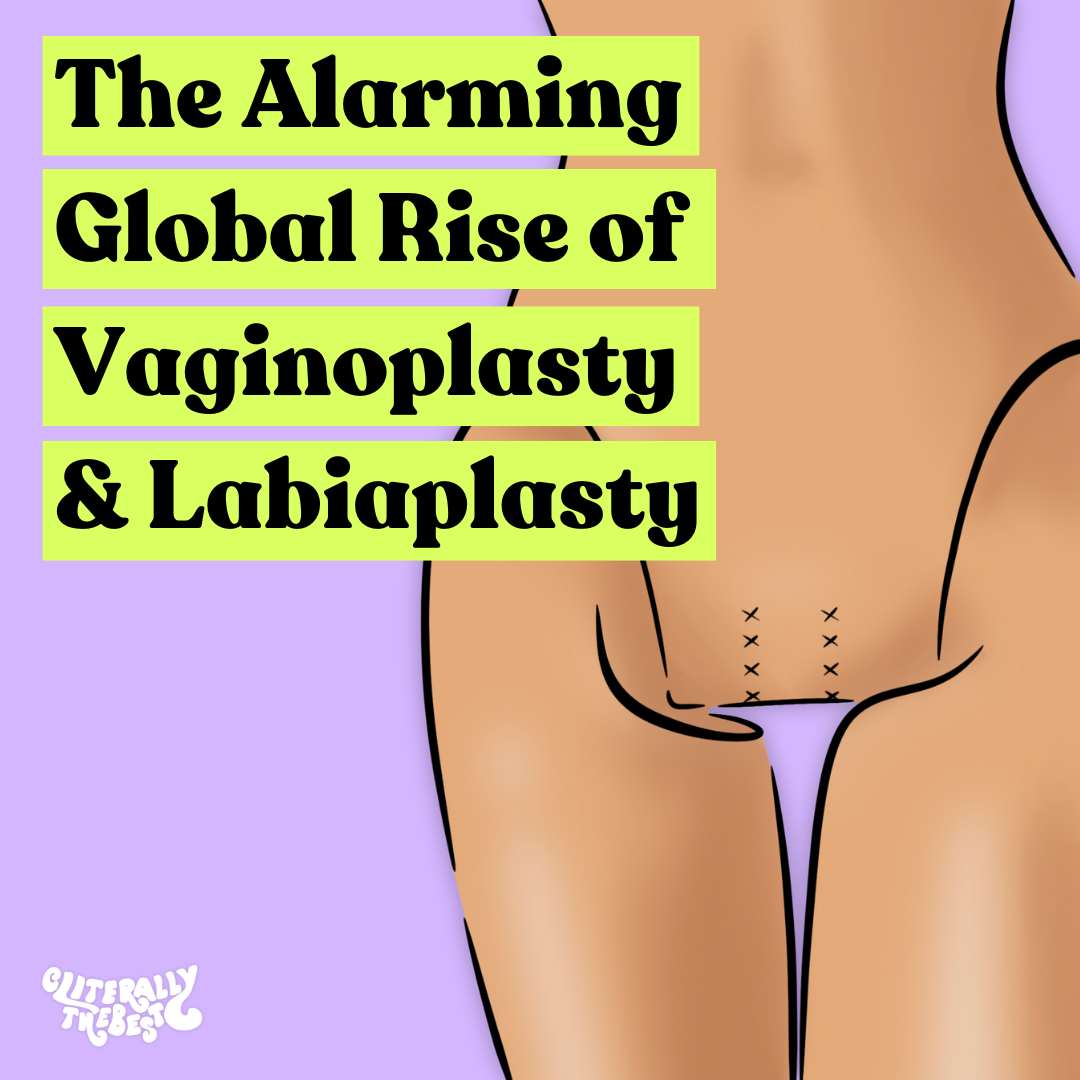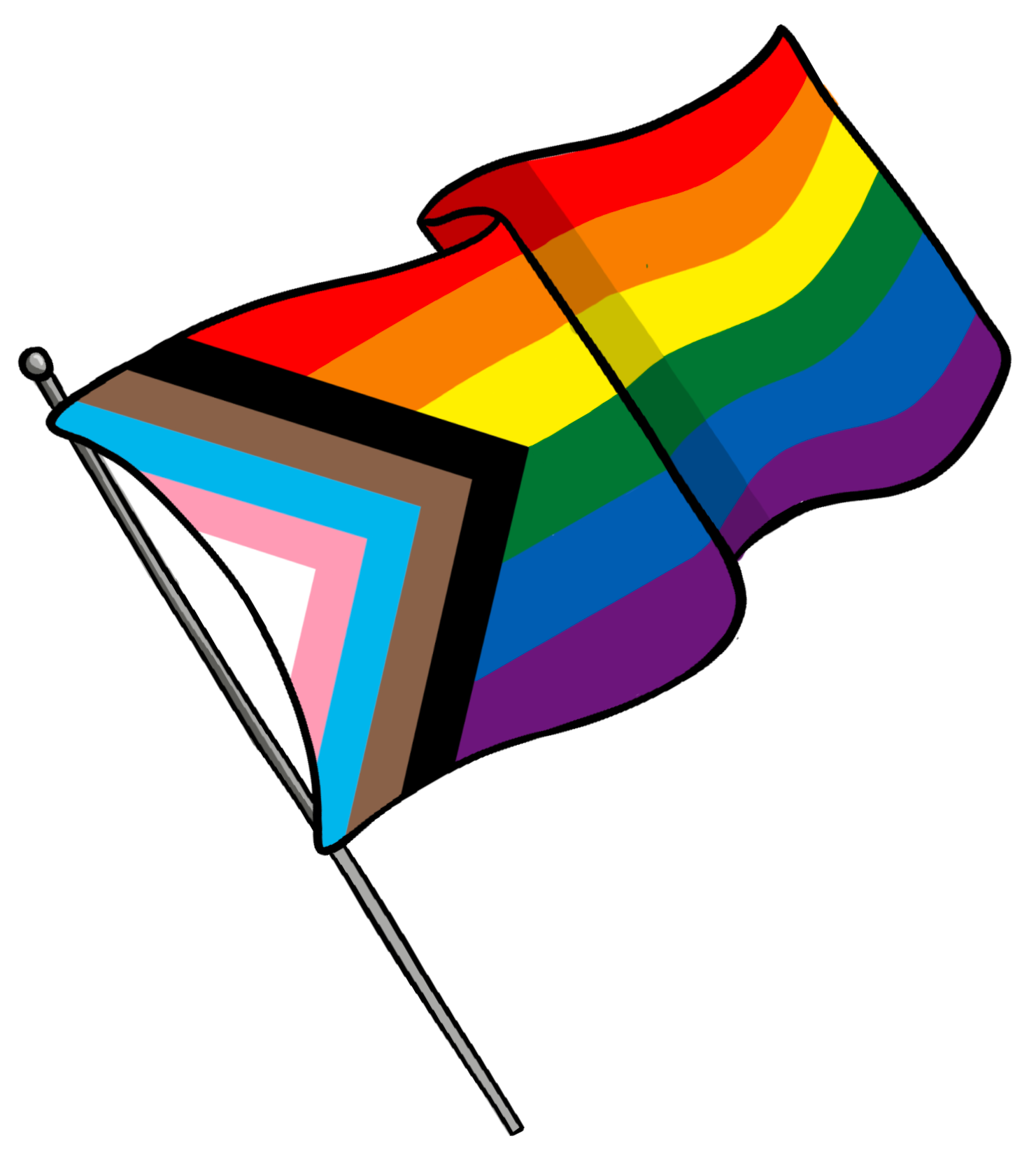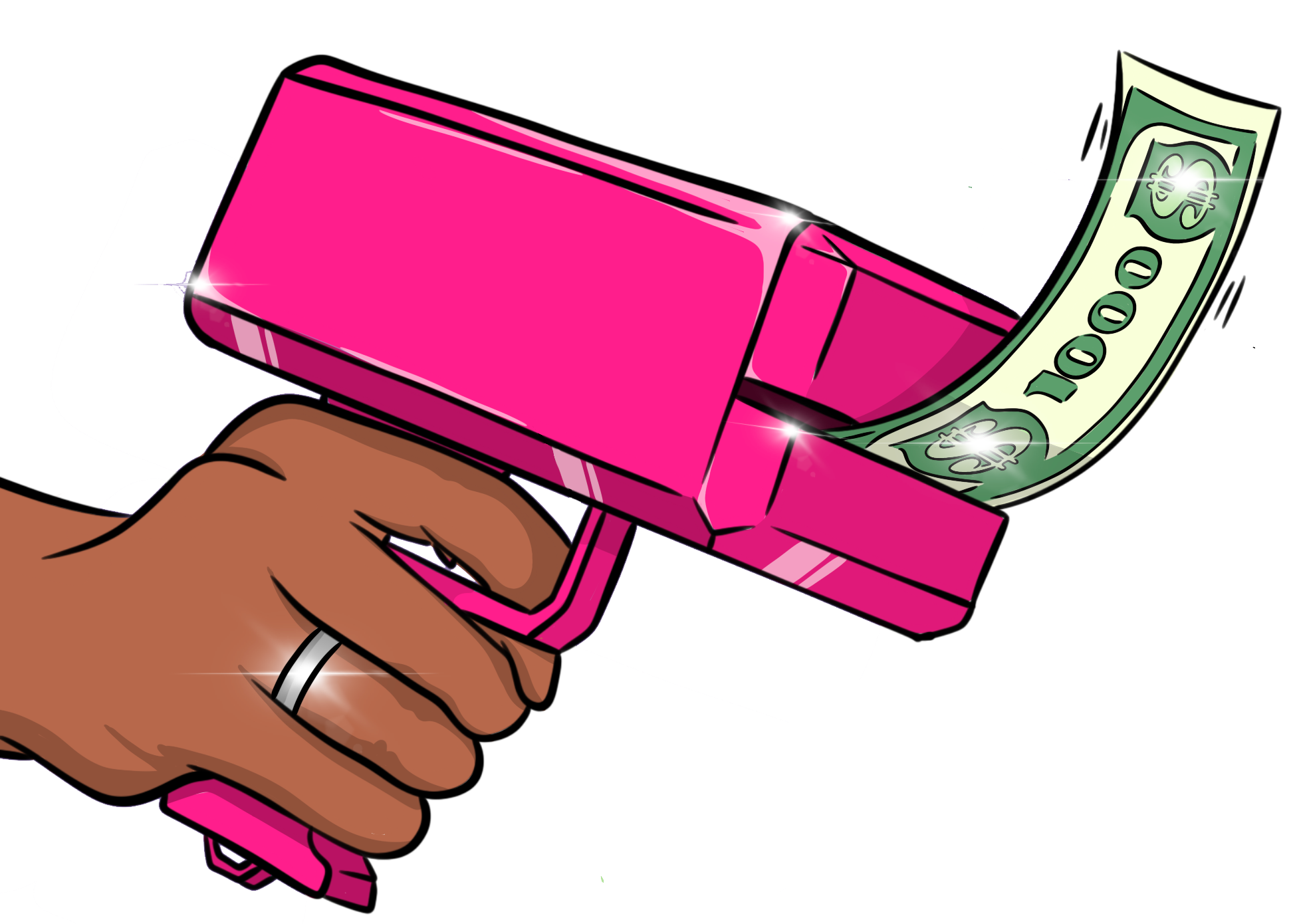As a woman who was late-diagnosed with inattentive-type ADHD as an adult, I found that there was a period of enlightenment that followed being handed the label. It felt like a fog had finally lifted, and I could see the landscape of my own mind with a clarity I’d never had before. Until then, I had navigated life plagued by disorientation, as if planted on a merry-go-round with a busted speedometer; spinning without a clear sense of direction. The validation alone was a bittersweet victory, but it was swiftly followed by an abrupt stillness I had no idea how to comprehend after a lifetime of noise.
Details suddenly existed. Less and less of my time became occupied by correcting rushed tasks, meeting procrastinated deadlines, and detangling competing thoughts. As I began to relearn how to establish routines and use coping skills, the volume of my internal monologue (or dialogues, pre-diagnosis) lowered. Among the many pieces of my life that began to make sense was my complicated relationship with sex and masturbation. I recognized how often I turned to sexual stimulation as a way to self-soothe and cope with the overwhelming nature of my thoughts and emotions.
Reflecting on my early experiences, I realize now that sex served as a temporary escape. I felt adrift in my own mind, and seeking out sexual encounters became a way to quiet the chaos. I remember nights spent scrolling through dating apps, looking for that next dopamine hit—not just for physical pleasure, but as a means to ground myself, even if just for a couple of hours. It was as if engaging with another person could bring me back to the present moment for a brief time.
In my early twenties especially, I viewed these encounters through a lens of desperation, as if trying to fill a void. I struggled with feelings of inadequacy, always wondering if I was attractive enough, if my body was desirable enough, or if my chubbiness, awkwardness, and crooked teeth would prompt rejection. Yet, amid these insecurities, I discovered that intimate connections usually brought a fleeting sense of validation. Orgasm aside, they were proof that somebody wanted me for an hour here, a few minutes there. There was an exhilaration in the vulnerability of sharing my imperfect body with someone else, even if the connection was momentary. And that was addictive for a girl who second-guessed every thought, word, action, and belief.
As I explored my sexuality, I came to understand the delicate balance between pleasure and avoidance. My early experiences were more about escaping relentless thoughts and anxieties than seeking genuine connections. I often questioned whether I was truly enjoying the experiences or merely using them as distractions from deeper issues I wasn’t ready to confront.
There grew a profound longing to understand myself or, rather, the stranger who emerged in the wake of diagnosis and medication. I obsessed over how much of her composition was just… symptoms.
Is she innately forgetful, or does 54 mg of Concerta just wipe that away? Does she truly prefer solitude, or was it just preferable to over- or under-stimulation? And finally… was my hyperactive libido just that? Hyperactivity between the sheets?
With time, I began to recognize patterns in my behavior. Hypersexuality, in my case, wasn’t simply an insatiable desire for sex; it was a complex interplay of seeking solace and distraction. I remember times when I engaged in sex that felt thrilling in the moment, yet afterward, I was left with a sense of emptiness. Was I really filling that void? These encounters often lacked emotional depth, and I would find myself grappling with guilt and shame for using intimacy as a coping mechanism.
My journey took a significant turn when I became an OnlyFans creator. This platform allowed me to explore my sexuality more openly and on my terms. For the first time, I felt empowered to define my narrative, reclaiming my body and desires. I was able to engage with my sexuality in a way that was creative and self-expressive rather than solely transactional. This shift was pivotal in helping me understand my desires and boundaries, allowing me to embrace my sexuality without judgment.
Through this exploration, I realized that intimacy takes many forms. I began to appreciate connections beyond the physical act of sex. Engaging with my subscribers through the screen allowed me to forge emotional connections, create a supportive community, and share my experiences authentically. I found solace in conversations that went beyond the surface, reshaping my understanding of intimacy.
With time and self-reflection, I learned to accept that my desires are valid. I began to view my sexuality as a beautiful part of my identity, rather than a flaw or sign of instability. Understanding my needs and desires has been a journey of empowerment, allowing me to embrace my hypersexuality without shame. I’ve discovered the importance of communication and setting boundaries, not only with myself but also with others.
In reflecting on my journey, I believe that self-exploration is crucial for anyone grappling with their sexuality—especially for those of us with ADHD. Understanding my motivations behind seeking out sexual experiences has allowed me to cultivate a healthier relationship with my desires. I’ve learned to prioritize self-care and self-acceptance, acknowledging that it’s okay to seek pleasure—while staying mindful of the emotions driving those desires.
As I share my story, my hope is to create space for others navigating similar experiences. The complexities of hypersexuality can be daunting, but embracing our desires can lead to a deeper understanding of ourselves. By fostering community and support, we can create an environment where our experiences are acknowledged and celebrated.
In the end, my journey has taught me that intimacy and connection are complicated. While hypersexuality may have been a way to cope with my ADHD, it has also become a pathway for self-discovery and empowerment. By reclaiming my narrative and embracing my desires, I’ve learned to appreciate both the quiet and the noise in intimacy and in life.
As I continue to explore my sexuality, I realize that my hypersexuality is tied to my ADHD in ways uniquely mine. This journey isn’t a one-size-fits-all narrative; it’s deeply personal, full of twists reflecting my own experiences. While hypersexuality can sometimes feel like a default for many neurodivergent folks, each journey is distinct. My hope is that by sharing my story, others might find bits of themselves in my words. So here’s to embracing our individual paths—messy, complicated, and wonderfully unique—because understanding ourselves can lead to deeper connections and a sense of validation in our shared experiences.








